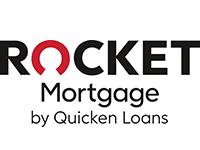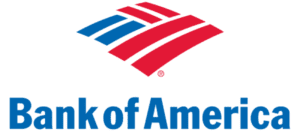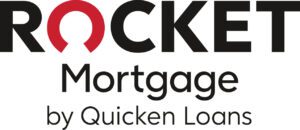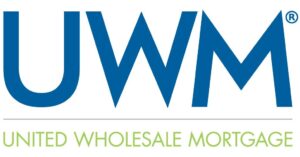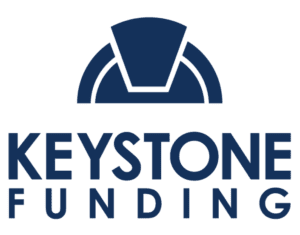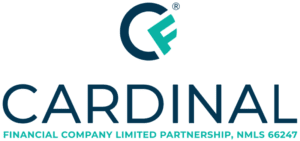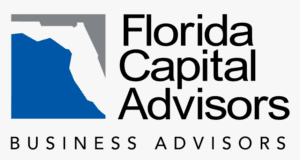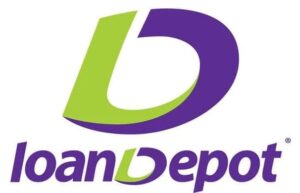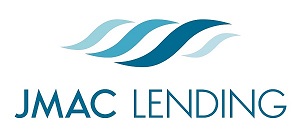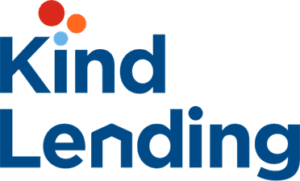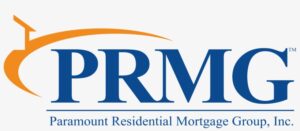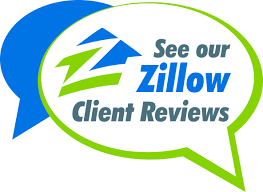Florida 30-year fixed mortgage rates go up to 6.96%
What are today’s mortgage rates in Florida?
Florida Mortgage Rates Today
Loan Trust Mortgage Rates
National 30-year fixed mortgage rates go down to 6.96%
The current average 30-year fixed mortgage rate fell 1 basis point from 6.97% to 6.96% on Sunday, Loan Trusts announces.
The 30-year fixed mortgage rate on April 20, 2025 is down 9 basis points from the previous week’s average rate of 7.05%.
Additionally, the current national average 15-year fixed mortgage rate increased 1 basis point from 6.16% to 6.17%.
The current national average 5-year ARM mortgage rate is down 164 basis points from 7.52% to 5.88%.
Last updated: Sunday, April 20, 2025















